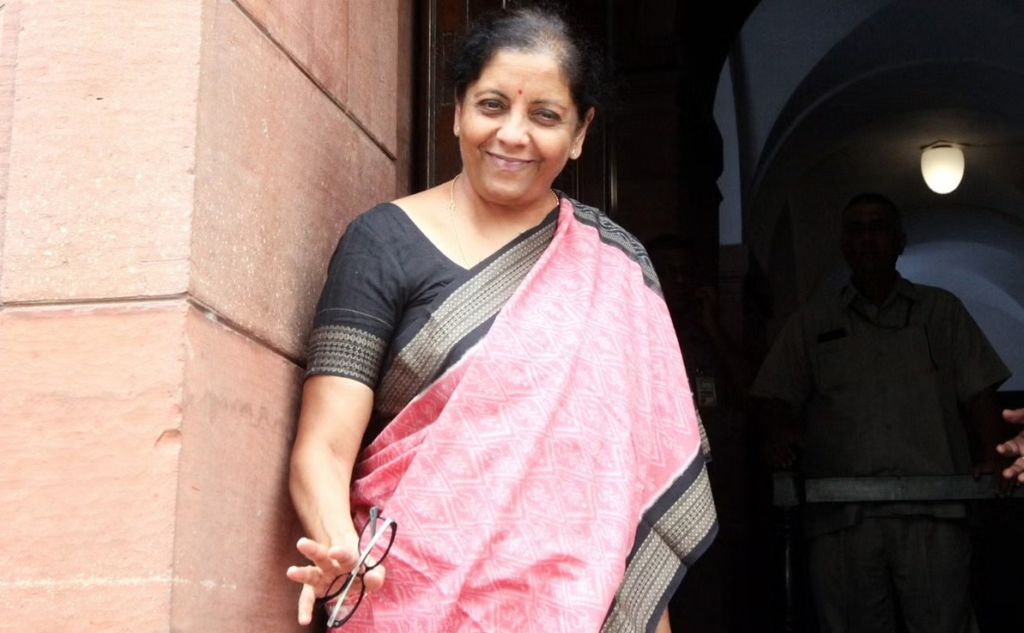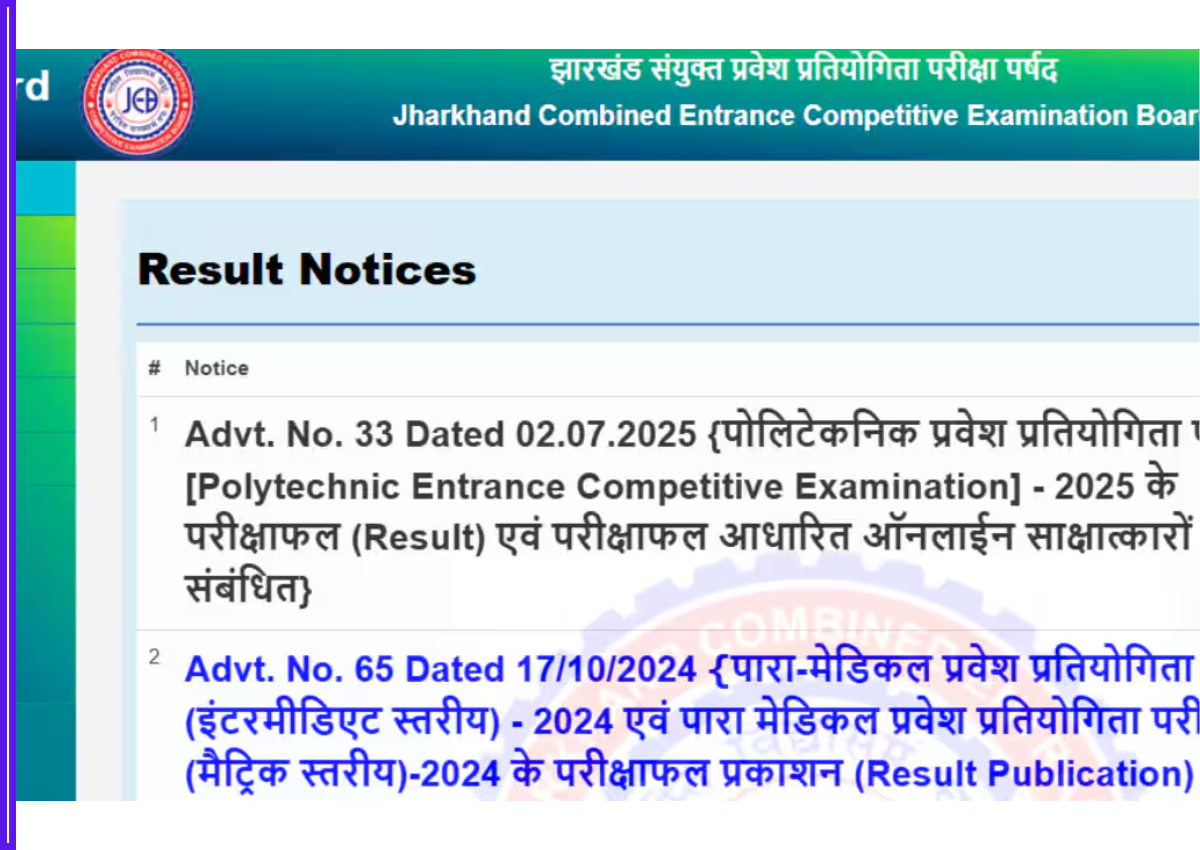Political Success Story: From Numbers to Leadership: Nirmala Sitharaman’s success story is about overcoming barriers and changing woman roles in Indian politics.
Age is just a number is a saying that we frequently hear, and it holds some truth. Meet Nirmala Sitharaman, the 64-year-old finance minister of India, who has a sharp mind and a kind heart. Speaking in front of others demonstrates your knowledge and confidence. When it comes to representing our country, it is the hardest task to accomplish. The best part is that this well-known Indian woman is still working today despite her amazing cultivation.
It has been over five years since India named its first full-time female Finance Minister, Nirmala Sitharaman, in May 2019. In July 2019, she delivered her first Union Budget. FM Sitharaman is about to unveil India’s Union Budget for the sixth time.
Nirmala Sitharaman, born on August 18, 1959 in Madurai, Tamil Nadu, is a well-known Indian politician who has created a remarkable career in the male-dominated field of politics. Her success story demonstrates her resilience, intelligence, and dedication to public service.

Family Background
Sitharaman is from a middle-class family with an impressive academic background. Her father, Savai Ramasamy, worked for Indian Railways, while her mother, Savai Thangam, was a housewife. Nirmala was raised with traditional values, which instilled in her a strong work ethic and tenacity.
Educational pursuits
Sitharaman completed her undergraduate studies in Economics at Seethalakshmi Ramasamy College in Tiruchirapalli before earning a Master’s degree in Economics from Jawaharlal Nehru University in New Delhi. and MPhil in the same field. Her current situation or life demonstrates her strong interest in politics. Nirmala’s early career included serving as India’s defence minister, state minister of finance, and corporate affairs expert. Her scholastic aptitude created the groundwork for a career that would see her become an important figure in India’s economy.
Nirmala Sitharaman is a powerful woman who, while living in London, also worked as a seller. Later, she became an economic assistant and joined a group called the London Agriculture Engineers Association.
Corporate Stint
After finishing her schooling, Nirmala Sitharaman pursued a successful corporate career. She worked for PricewaterhouseCoopers (PwC) in London and was temporarily a senior manager at the BBC World Service. Her business career provided her with great knowledge of global economic dynamics and financial management.
Entry into Politics
In the early 2000s, Sitharaman became interested in politics and joined the Bharatiya Janata Party (BJP). Her clear communication abilities and in-depth comprehension of economic topics rapidly drew notice. She progressed through the party levels, taking on positions that highlighted her administrative skills.
After joining the Bharatiya Janata Party (BJP) in 2006, Nirmala Sitharaman was elected to the National Executive. She was renowned for her ability to clearly communicate ideas and represent the party’s position on many subjects. She rose to popularity within the party and was chosen to serve as the BJP’s spokeswoman.
After the BJP won the general elections, Nirmala Sitharaman was named Minister of State (Independent Charge) for Commerce and Industry in May 2014. Throughout her term, she worked on a variety of programs and challenges relating to trade.
She was appointed as the country’s first full-time female minister of defence in September 2017 after being promoted to that office. During her administration, there were important advancements in defence reform, modernization, and acquisition.
She was greeted with India’s worst economic news of the year on May 31 only hours after arriving at her new office in New Delhi: Unemployment had reached a 45-year high, and China had surpassed India as the world’s fastest-growing major economy in the last quarter of the fiscal year.
Rise to Prominence
Nirmala Sitharaman’s ascension in the BJP was fast. In 2014, she was appointed Minister of State for Finance and Corporate Affairs. During her term, she implemented significant economic changes and prioritised inclusive growth. In 2019, she made history as India’s first full-time female Finance Minister, demonstrating her competency and the party’s commitment to gender diversity.
Key Achievements
Sitharaman was instrumental in introducing the Goods and Services Tax (GST), a major tax reform aimed at streamlining the country’s tax system. Her fiscal efforts, particularly during the difficult period of the COVID-19 epidemic, were praised for their smart approach to economic recovery.
Her path from a poor family origin to become the Finance Minister of one of the world’s greatest countries has inspired many others, particularly women, to strive for success in their chosen industries. Her legacy demonstrates the power of dedication, ability, and a devotion to public service.
Final Thoughts
Nirmala Sitharaman has received recognition for her articulation, commitment, and strategic thinking throughout her political career. By gaining significant leadership positions in the Indian government, she has torn down barriers between genders. Her struggle and dedication to serving the public is demonstrated by her rise from a middle-class household to a prominent political figure.





